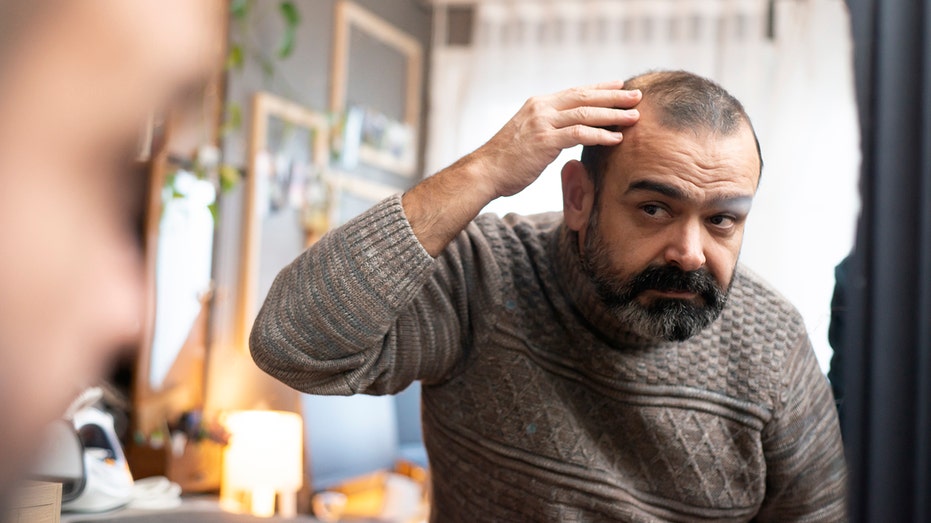Men Going Bald Turn to 'New Botox' for Hair Loss Treatment

Sarah Johnson
March 27, 2025
Brief
UCLA researchers have developed PP405, a molecule that may reactivate dormant hair follicles, offering hope for more effective baldness treatments and potential hair regrowth breakthroughs.
The search for a baldness cure has stumped scientists for decades, but recent breakthroughs hint at exciting possibilities. UCLA researchers have unveiled a molecule named PP405 that reportedly "wakes up" dormant hair follicles—a potential game-changer for the millions battling androgenetic alopecia, or pattern baldness.
In a 2023 clinical trial, PP405 demonstrated promising results when applied as a topical treatment to the scalp before bedtime. Notably, researchers believe this method could yield full, terminal hair—no more settling for wispy peach fuzz. But before you toss the word "cure" around, William Lowry, Ph.D., one of the lead researchers, advises caution. "Cure is a strong word," he said, pointing out that current FDA-approved treatments like minoxidil and finasteride only work for a fraction of patients.
The burgeoning field of hair-loss treatments includes everything from supplements and red-light therapy to platelet-rich plasma injections and hair transplants. However, these methods are often pricey, time-consuming, and only moderately effective. PP405, meanwhile, is part of a new class of drugs targeting the unique metabolism of hair follicle stem cells, which researchers believe could stimulate hair regrowth by activating dormant follicles.
Brendan Camp, M.D., a Manhattan-based dermatologist, says hair loss can negatively impact mental health, making new treatment options like PP405 a welcome development. "There’s an unmet need for effective hair-loss solutions," he explained, noting that modern med spas are increasingly offering hair restoration services alongside cosmetic injections like Botox.
Dr. Amy Spizuoco of True Dermatology in New York has even dubbed these advanced balding treatments the "new Botox." She emphasized the importance of early intervention, saying younger people are now tackling hair loss at its first signs instead of waiting for severe thinning.
While PP405 stirs hope for a more effective solution, experts urge caution. Camp advises sticking to treatments backed by solid evidence, such as minoxidil and finasteride, and consulting board-certified dermatologists for personalized care. Hair loss treatments are typically long-term commitments, requiring months of testing to determine their efficacy.
Spizuoco summarized the sentiment perfectly: "Early intervention with the right treatment plan can significantly slow hair loss or even reverse it." For those battling the relentless march of thinning hair, the future might finally hold some answers—or at least a little more hope.
Topics
Editor's Comments
It's about time science caught up with one of the most dreaded parts of aging—hair loss. PP405 sounds like it might actually make a difference, but let's not get ahead of ourselves here. Calling it the 'new Botox' might be a stretch, but hey, anything that gives people confidence is worth celebrating. Also, can we talk about how med spas are now the Swiss Army knives of cosmetic fixes? Modern beauty is officially a high-tech affair.
Like this article? Share it with your friends!
If you find this article interesting, feel free to share it with your friends!
Thank you for your support! Sharing is the greatest encouragement for us.



